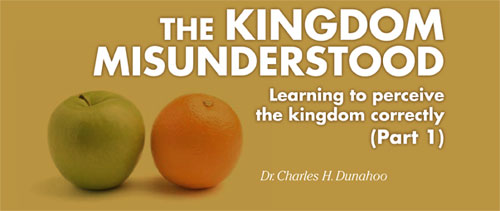Download the You Last Forever postcard that can be used as a bulletin insert, visitor followup, and many other things.
You Were Made to Last Forever is an effective method for sharing the Faith with people. PCA Teaching Elder Dick Fisher has developed a number of resources that you can access easily and effectively. This program is being used effectively in a number of different settings. It is a useable resource that will enable you to better present the Gospel.
Click here to visit the website
Watch the video below to learn more about You were Made to Last Forever:



 We have looked at all four learning styles. Did you find where you fit? Even more, have you learned to appreciate that not everyone learns in the same way you learn? This time I want to go a step further and explain how learning styles fit in different cultural settings, and next time how it even affects different denominations.
We have looked at all four learning styles. Did you find where you fit? Even more, have you learned to appreciate that not everyone learns in the same way you learn? This time I want to go a step further and explain how learning styles fit in different cultural settings, and next time how it even affects different denominations.